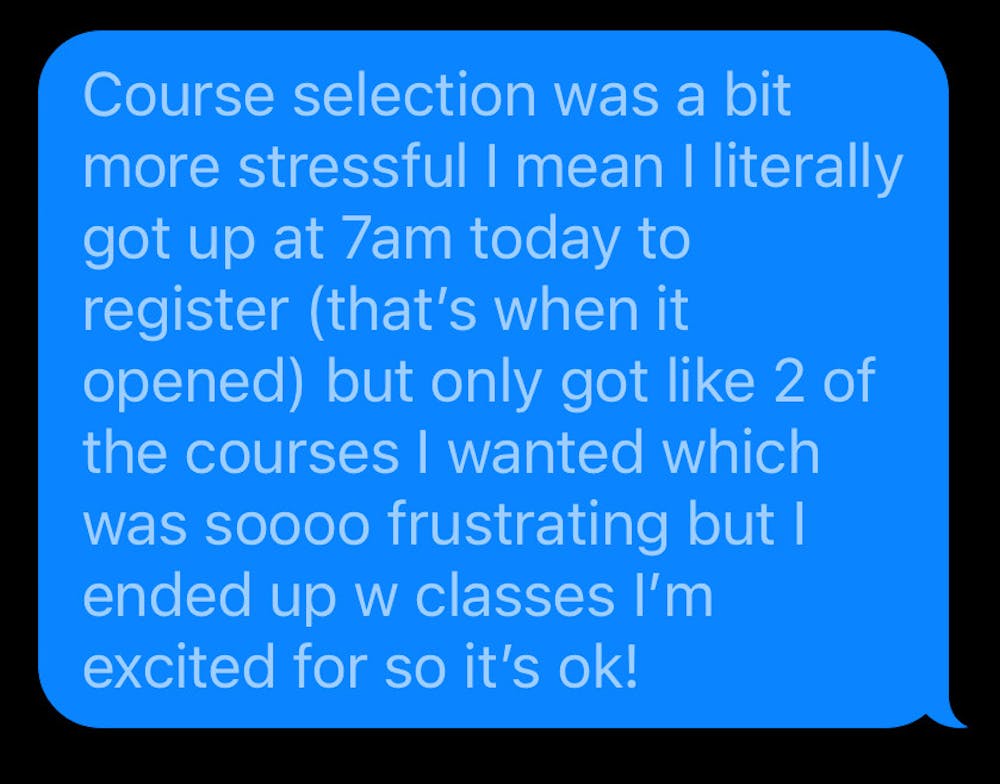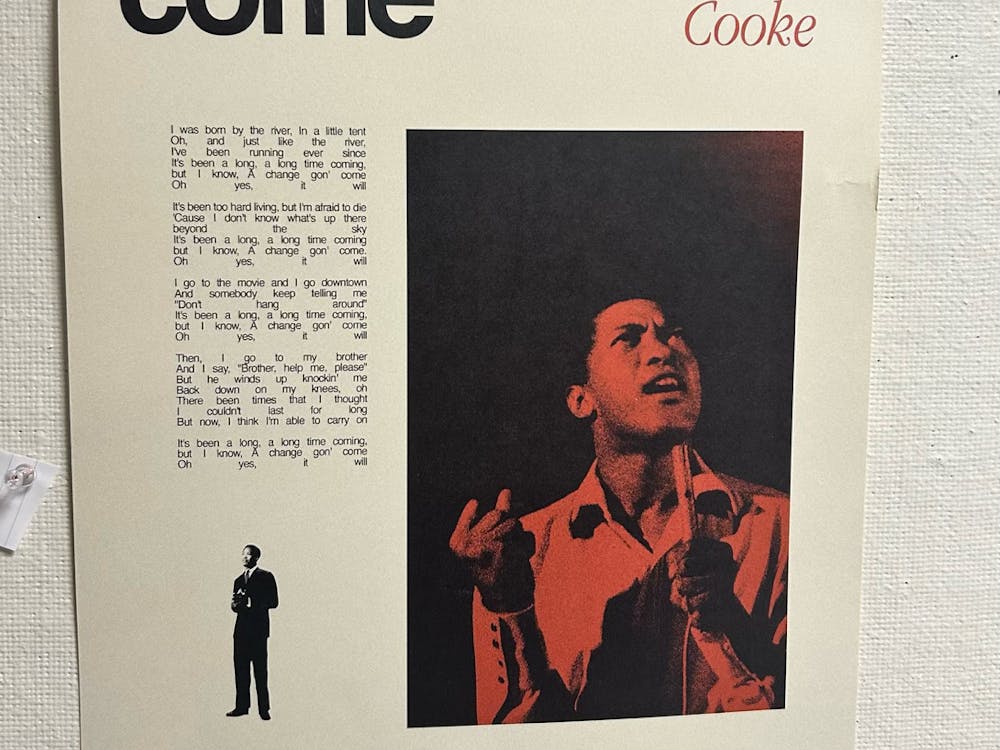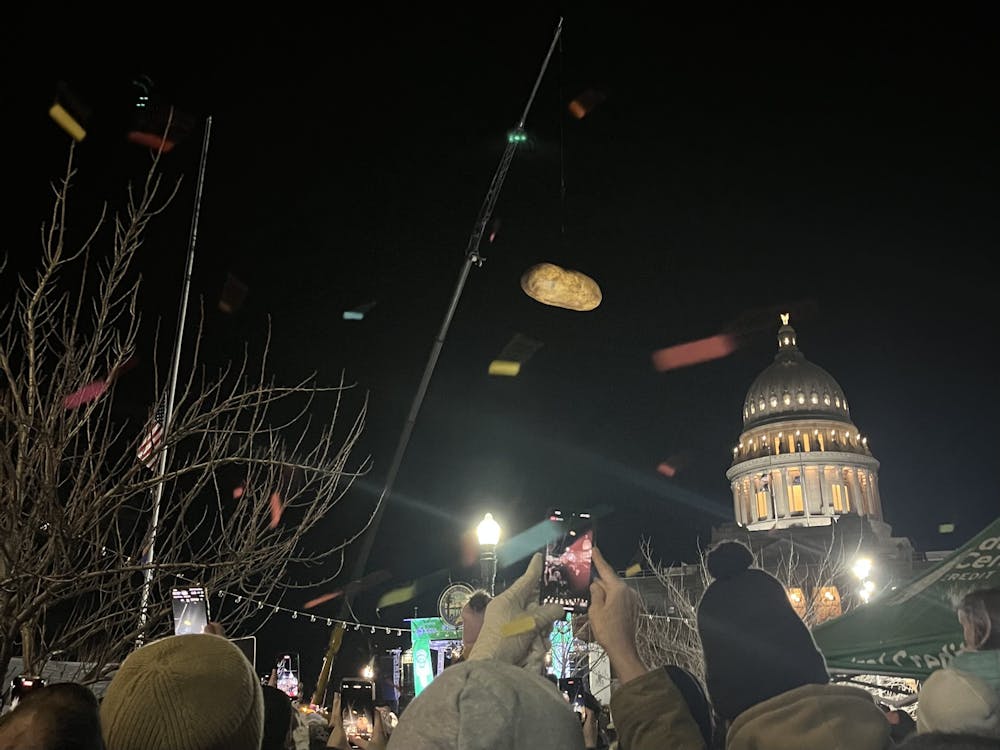Signing up for classes in college is equal parts thrilling and stressful. On the one hand, this may be your first opportunity to take a class where the title is more than one word (see: AS.040.416. Exploring the Edges of the Earth: How the Ancient World Helped Shape Science Fiction). This may be your first time taking classes that fall outside the realm of the core curriculum (see: AS. 001.244. Death and the Meaning of Life). However, with hundreds of options from departments you probably never knew existed (what is Medicine, Science and the Humanities, really?), it can be hard to sift through the muck.
If you are pre-med or an engineering major, don’t worry: You get to spend your four years in decision-less bliss. For the rest of you who haven’t yet chosen a major or been exposed to the existential nightmare that is a four-year plan, how are you supposed to decide? Which classes could possibly be worth your while? Allow me to offer some wholly self-indulgent and entirely unsubstantiated advice.
First, smaller classes are better. I know you’ve probably heard that countless times, but it’s true. I’m a Public Health major, but I enjoyed my 12-person poetry class far more than my biostatistics class. I think a principal factor underpinning my decision to double major in Spanish and minor in Writing Seminars was that those departments allowed me to take small, discussion-based classes very early in my college career.
Though these class structures can seem intimidating — you have to look attentive and participate frequently — I found myself actually retaining far more information from these classes than in any of my lecture-based ones. Lecture classes can reduce you to an anonymous listener; small classrooms let you become an active participant in your learning. Not to mention, taking at least one small class a semester is a fantastic way to develop relationships with professors and meet new people. I still talk to the kids I met in my Intermediate Spanish I class from freshman fall, and my Introduction to Fiction and Poetry professor just wrote me a recommendation for my summer job.
Second, try to take classes that fall outside your desired field of study. College is the most expensive candy store you’ve ever been in; you will never again have the opportunity to learn about pretty much anything you want. You can learn about climate change, childbirth and pregnancy in Ancient Egypt, the ethics of artificial intelligence and differential equations all within one square mile. My eight-person class on the history of literary and artistic criticism in America was the best class I’ve ever taken, and I am not using it for a single major, minor or general requirement. I still quote Susan Sontag’s “Against Interpretation” in most of my arguments with my mom, and Charlotte Perkins Gilman’s “The Yellow Wallpaper” is what sparked my interest in physician bias in medical care.
Indulge your passing curiosities. If you have always liked going to museums, take an art history class. If you are passionate about feminism, take a class on reproductive rights. If you have ever wanted to know what torture feels like, take a physics class. Maybe what you learn will be useful, maybe it will not, but you will have fun. And I promise that one photography class is not going to ruin your chances at medical school.
Third, and a quick caveat to the second piece of advice, the classes that sound the best aren’t always. Sure, Foundation Drawing might seem like an easy A, but my friend would be perfecting the shading on her fruit bowl long after the rest of us had finished our homework.
Now for some specifics: If you want to major in Public Health, it is helpful to take Fundamentals of Epidemiology in the same semester as Public Health Biostatistics. I would recommend taking Introduction to Social and Behavioral Determinants of Health over Sociology of Health and Illness (although, don’t talk with your friends mid-lecture, or the professor will publicly humiliate you in front of the whole class).
If you want to major in Spanish, I loved Advanced Spanish Conversation, but you can’t go wrong with any of the options. Try to take at least one Spanish class a semester to retain your grip on the language. Also, remember that language teachers are not afraid to and, in fact, thrive off of cold-calling their students.
For Writing Seminars, the sheer number of professors teaching different sections of the exact same class may seem stressful, but it shouldn’t be. Each teacher has their own preferences, styles and idiosyncrasies, but they are all fantastic. Just pick a time that works with your schedule, and the professor will be great. I promise.
Finally, for ease, here is a comprehensive list of my favorite classes that I have taken at Hopkins:
- AS.100.240. American Cultural Criticism
- AS.280.350. Fundamentals of Epidemiology
- AS.210.316. Advanced Spanish Conversation
- AS.280.389. Medicine for the Greater Good: Community Engagement’s Role in Health Systems
- AS.220.xxx. Just about every Writing Seminars class I have ever taken
I hope I have offered some peace of mind, though I’m conscious not to overestimate the influence of The News-Letter’s grammar guy (grammar girl?). All I can say to wrap it up is that, as I enter my senior year, I wish for more time. I lament the semesters in which I only took 12 credits, the classes I skipped and the office hours I never went to. It can be easy to get swept up in the desire to build your social life, head your clubs and play your sports, but classes are the beating heart of college, and the professors here are some of the best in the country. Don’t take them for granted.
Isabel Leonetti is a senior from Newton, Mass. majoring in Public Health and Spanish. She is a Copy Editor for The News-Letter.





